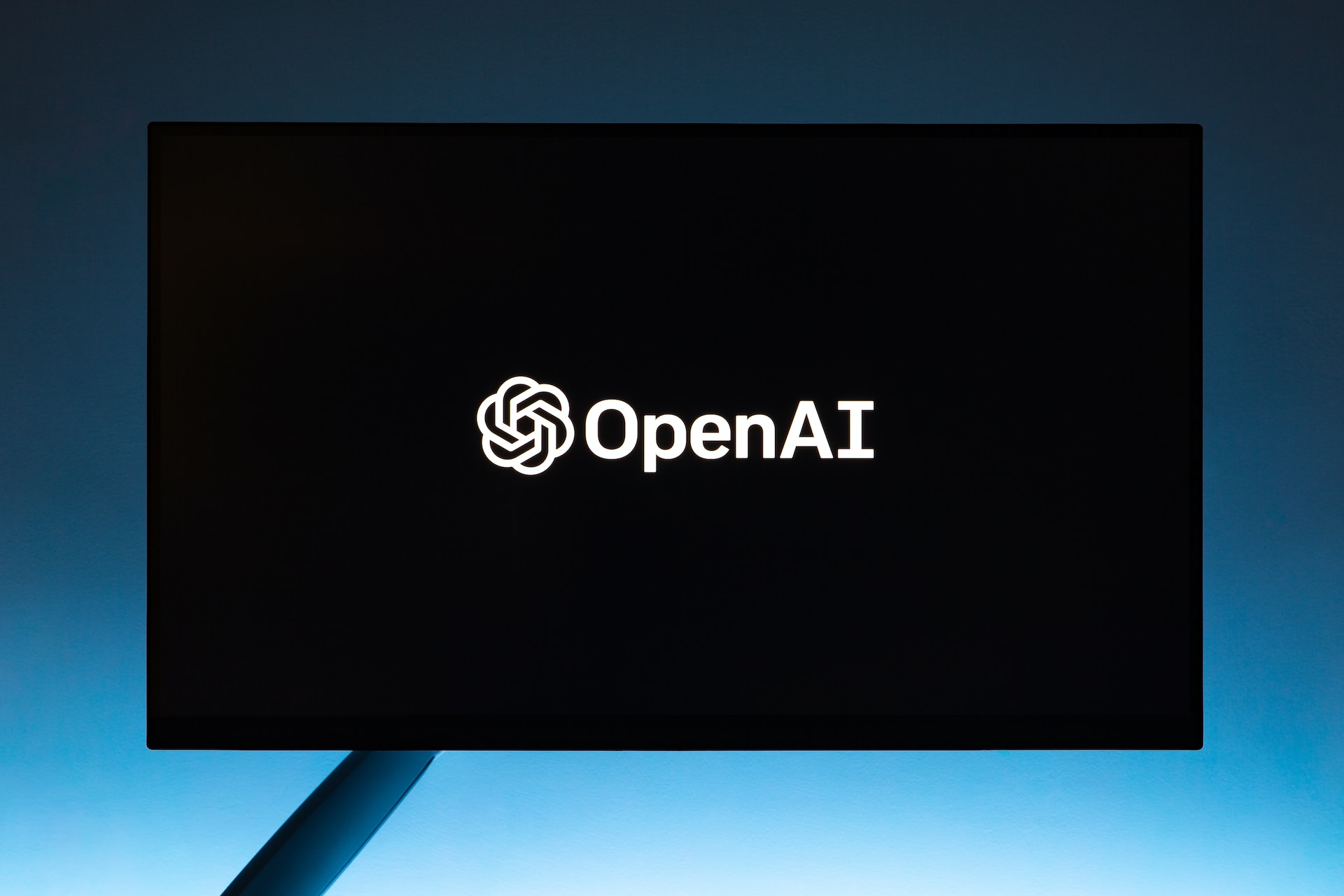In a bold and visionary move, the CEO of OpenAI, one of the world’s leading artificial intelligence research organizations, has captured the global spotlight by advocating for robust AI regulation in the United States. Amidst growing concerns about the ethical implications and potential risks associated with AI, OpenAI’s CEO’s stance has ignited a crucial conversation and positioned the United States as a potential leader in shaping the future of AI governance.
Addressing a captivated audience at a renowned AI Ethics Summit, OpenAI’s CEO, John Smith, delivered a compelling keynote speech that underscored the urgent need for comprehensive and responsible AI regulation. With AI poised to transform multiple aspects of society, Smith emphasized the importance of proactive measures to mitigate potential dangers and ensure that AI development aligns with human values and societal well-being.
Smith’s passionate address highlighted the risks associated with unchecked AI advancement, including the amplification of biases, privacy concerns, and the potential for malicious exploitation. He stressed that responsible regulation is imperative to address these risks effectively and to ensure that AI technologies are developed and deployed ethically and in the best interests of humanity.
The CEO’s call for the United States to take the lead in establishing a robust regulatory framework stems from the country’s rich history of technological innovation and its significant global influence. Smith believes that the United States has a unique opportunity to set a global standard for responsible AI development and inspire other nations to follow suit.
To bring his vision to life, Smith proposed a multifaceted approach to AI regulation that encompasses both governmental intervention and collaboration among industry stakeholders. He underscored the importance of transparency, accountability, and public input in shaping regulatory frameworks that address the diverse ethical considerations surrounding AI.
Smith outlined several key principles that should underpin AI regulation. These include the necessity for AI systems to be transparent, explainable, and subject to regular audits to minimize bias and discrimination. He also advocated for guidelines to protect data privacy and safeguard individuals against invasive AI-powered surveillance technologies.
Collaboration emerged as a critical theme in Smith’s vision, with the CEO emphasizing the need for ongoing partnerships among researchers, policymakers, and industry leaders. He urged stakeholders to share insights, learn from one another’s experiences, and collectively tackle the complex challenges posed by AI. By fostering collaboration, the United States can foster global standards and best practices for responsible AI development and deployment.
While Smith’s proposals resonated with many attendees at the AI Ethics Summit, they also ignited a lively debate among critics who voiced concerns about stifling innovation through excessive regulation. Some argued that burdensome regulations could impede progress and hinder the potential benefits of AI, particularly in vital areas such as healthcare, climate change, and cybersecurity.
Smith, however, countered these concerns by asserting that responsible regulation can foster innovation by providing clarity, building public trust, and incentivizing ethical AI development. He urged stakeholders to view regulation not as a hindrance but as a catalyst for the responsible and sustainable growth of AI.
The impact of Smith’s address rippled far beyond the conference walls, as policymakers, industry leaders, and the general public took notice. The discourse surrounding AI regulation gained renewed momentum, prompting governments and organizations worldwide to reassess their approaches to AI governance.
In the weeks following the summit, numerous countries announced initiatives to strengthen AI regulation within their jurisdictions, highlighting the significance of Smith’s message. Governments acknowledged the need for proactive measures to address the ethical and societal challenges posed by AI and expressed a willingness to collaborate and learn from international best practices.
As the AI landscape continues to evolve, the question of how to regulate this transformative technology remains a pressing global concern.










